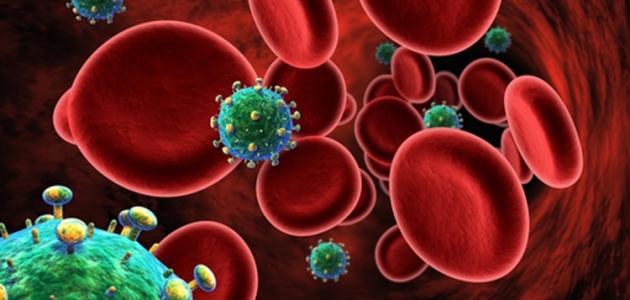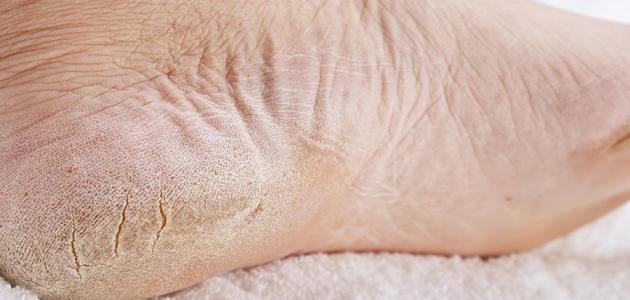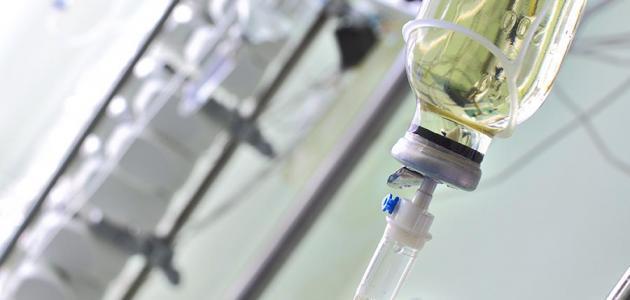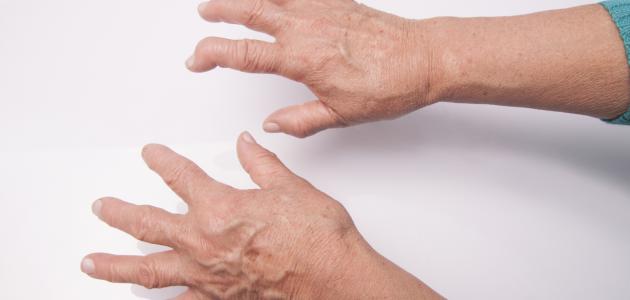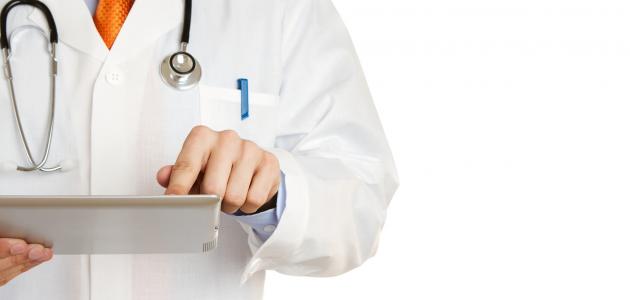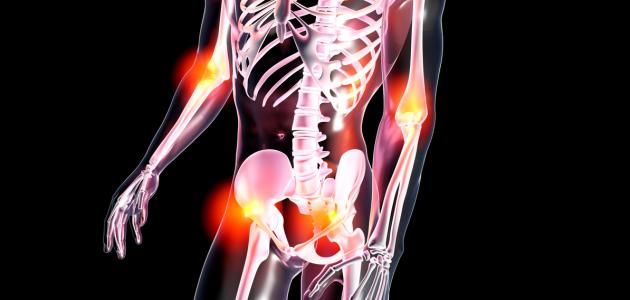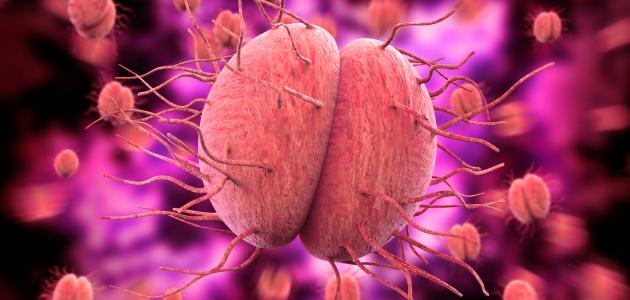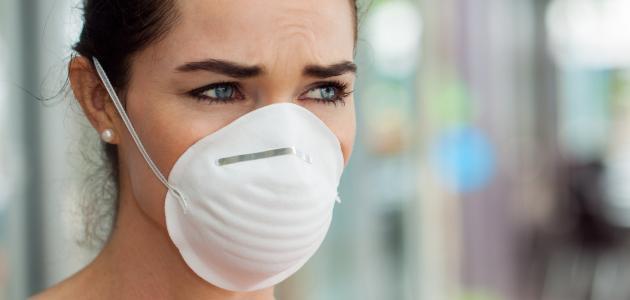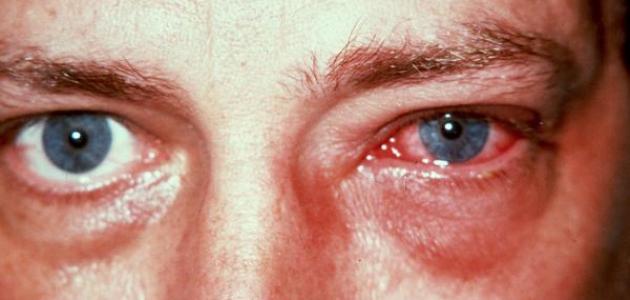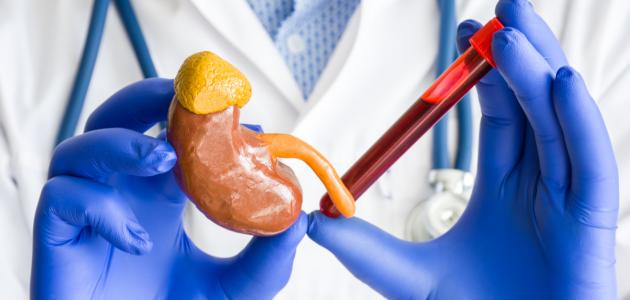Contents
Malaria
Malaria is spread in regions with tropical and subtropical climates, and is classified as a serious and life-threatening disease, as the disease kills approximately 660,000 people annually, and the disease is transmitted after exposure to the anopheles mosquito carrying the called parasite In Plasmodium parasite, the parasite moves through the mosquito's bite into the bloodstream , then moves to the liver to complete the parasite's growth within several days, then the parasite returns to the bloodstream and begins to attack the red blood cells and divide within them, which leads to their explosion. [1] [2]
Prevention of malaria
Malaria can be prevented by avoiding exposure to mosquito bites, and by taking medicines that protect against the disease, and there is still no effective vaccine against malaria, and it is advised to avoid traveling to areas where the disease has spread by children and pregnant women. [2] [3]
Prevention of exposure to mosquito bites
There are a number of tips that can be followed when traveling to affected areas to prevent exposure to mosquito bites, which are the main vector of the disease, and these tips include the following: [2] [3]
- Try to stay indoors during the night.
- Wear long clothes that cover larger areas of skin , especially during the mosquito infestation period, which extends from sunset to dawn.
- The use of insecticides designed to repel mosquitoes by spraying them on the walls of the house, on clothes, and on the skin, where pesticides that contain permethrin can be used to spray them on clothes, and the use of pesticides that contain DEET to spray them On the skin, and insecticides containing DEET can be used between 10% and 30% on the skin of children over the age of two months.
- Sleeping in a net designed to prevent the entry of mosquitoes, which is known as mosquito net, and it is preferable to use bed net treated with a type of insecticide to increase the percentage of protection, and it is worth noting that some types of mosquitoes have formed resistance against some types of insecticides; Therefore, it is necessary to ascertain the type of insecticide used and its effectiveness against the mosquitoes that transmit malaria.
Take medications to prevent malaria
Choosing the appropriate medicine to prevent malaria depends on the person’s condition and his health, and taking preventive medicines is very important to avoid getting the disease, in addition to the importance of following the instructions for taking the medicine , as the person must make sure to take the appropriate dose of the medicine as prescribed by the doctor, and adhere to the duration of treatment until After returning from malaria areas for a period of a week to a month to ensure that all parasites that cause the disease in the body, if present, are eliminated. [3]
Symptoms of malaria infection
Symptoms of malaria infection appear within a period ranging from ten days to four weeks, and symptoms may take several months to appear after infection with the disease in some cases, and some types of parasites that cause malaria may enter into long periods of dormancy in some cases, which leads to a delay in the appearance of symptoms of infection Disease for very long periods, and among the common symptoms that accompany malaria are the following: [1]
- The incidence of chills ranges from moderate to severe.
- Infection with fever .
- Excessive sweating.
- Suffering from headaches .
- Feeling sick .
- Vomiting
- Feeling of pain in the abdominal area.
- diarrhea.
- Suffering from muscle pain.
- Convulsions or convulsions.
- Entering into a coma.
- Out of blood with stool .
Malaria complications
Most deaths due to malaria occur in tropical regions of the continent of Africa, especially in children under five years of age. Among the health complications caused by the disease that may lead to death are the following: [2]
- Cerebral malaria: This condition occurs due to blockage of blood vessels feeding the brain, causing swelling of the brain, or damage occurring in it, may lead to the entry of the patient in a coma.
- Respiratory problems: It occurs due to the accumulation of fluid in the lungs , and the occurrence of pulmonary edema, which leads to difficulty breathing .
- Organic failure: , as malaria can lead to failure in a number of vital body organs such as the kidneys, liver, or a rupture of the spleen , and all these cases may lead to the death of the affected person.
- Anemia: Damage to red blood cells can lead to anemia .
- Low blood sugar: In severe cases, malaria can lead to low blood sugar , and it should also be noted that the drug Quinine ; It is one of the most popular medicines used to treat malaria, and it may lead to low blood sugar.
Diagnosis of malaria
The symptoms of malaria infection are similar to the symptoms of a number of other diseases, so the patient must be asked about his presence during the previous period in one of the areas of the disease spread, and the disease can be detected by examining a blood sample under a microscope to detect the presence of the parasite causing the disease in the blood. Also, the use of the antigen test, which is considered one of the rapid tests, as it only takes a few minutes to detect infection. [4]

